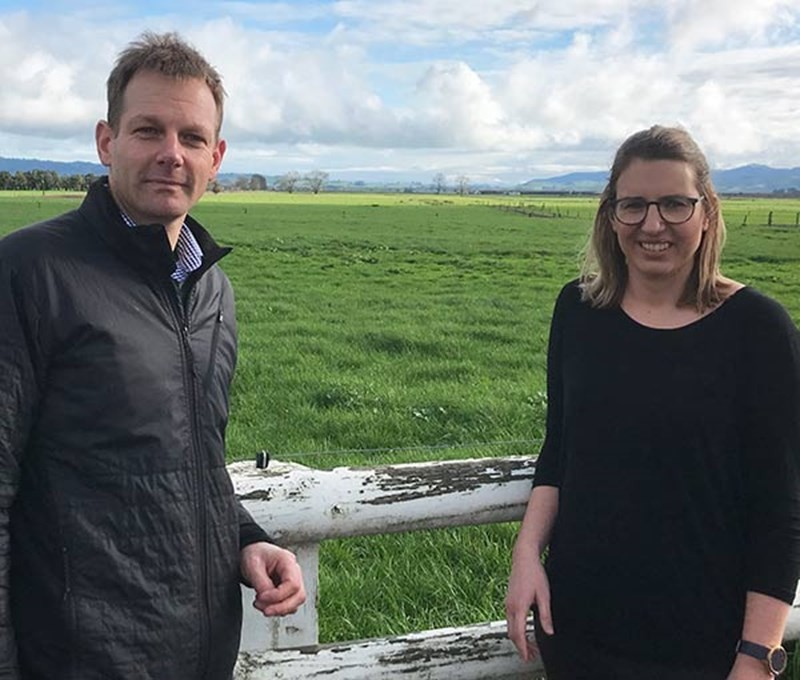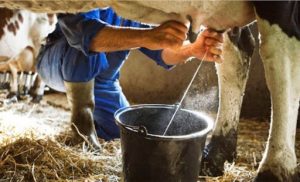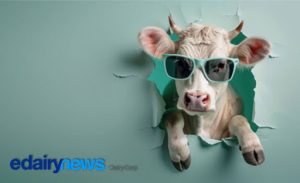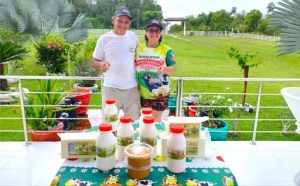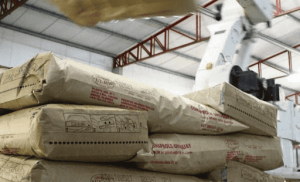Melissa and her husband Justin own and operate a 300 cow, 106ha dairy farm near Te Aroha. Melissa is an associate with a local chartered accountant firm, and is a former regional leader for both the Canterbury/North Otago Dairy Industry Awards and the North Canterbury Rural Business Network.
Melissa is excited and humbled to secure the role. “I look forward to building on all the great work dairy farmers are doing throughout New Zealand to improve water quality, and reduce climate change emissions and dairy’s environmental footprint while maintaining our profitable farm business,” she said.
“Dairy Environment Leaders is about farmers supporting farmers – this has always been a key part of the culture in our sector. Sustainability is a constantly evolving topic and Dairy Environment Leaders help us stay ahead of the sector’s needs and the wishes of New Zealanders.”
Melissa also sees Dairy Environment Leaders as helping ensure dairy farmers are heard by decision-makers, as well as building on farmers’ great work on regional issues.
The vision of the Dairy Environment Leaders programme is to foster kaitiakitanga – stewardship for the future, and to develop leaders in responsible dairying to support community change. The programme was created in 2013.
There are currently around 300 Dairy Environment Leaders nationwide throughout the regions. They are involved in a wide range of initiatives to support farmers to implement on-farm and catchment scale change to reduce their environmental footprint, have a positive voice in policy processes and contribute to positive community change.
Dairy Environment Leaders are active in their communities at grass-roots level, on boards and local committees. They come together for a forum every year to accelerate positive change for the sector. Increasingly the focus is on building regional action to meet the wider Dairy Environment Leaders outcomes.

